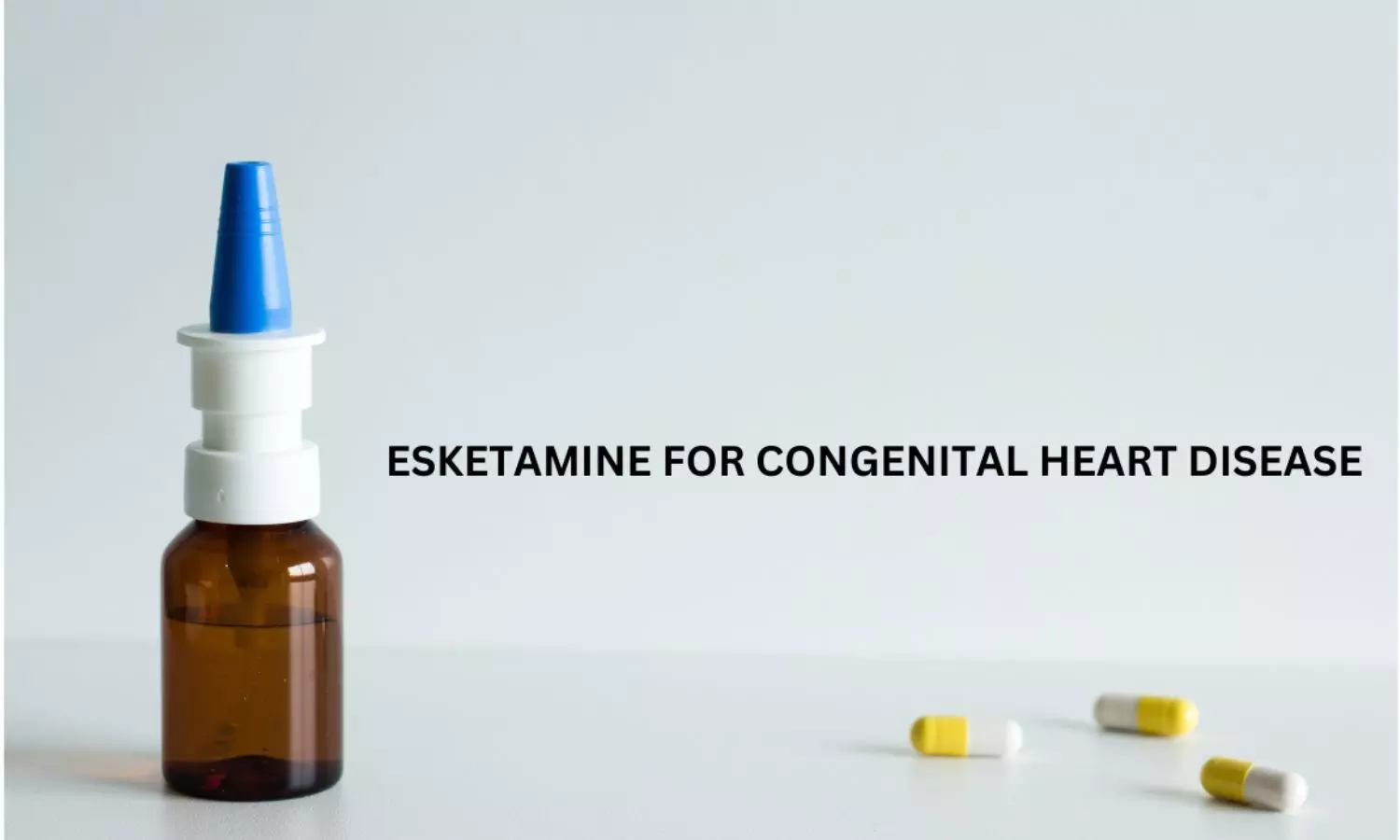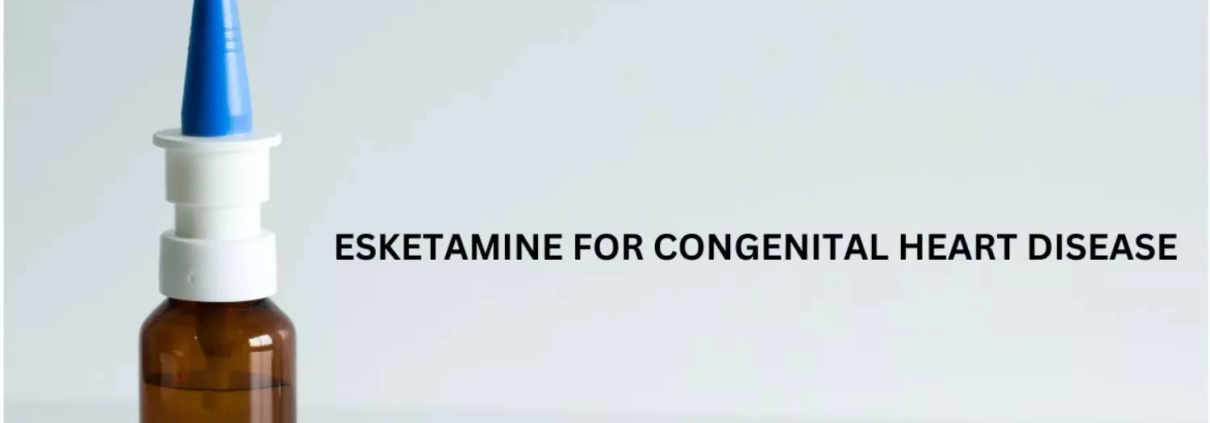Add on esketamine to propofol sedation may reduce hypotension in patients undergoing same-visit bidirectional endoscopy

A recent double-blind, placebo-controlled randomized clinical trial conducted across three teaching hospitals in China evaluated the efficacy of low-dose esketamine as an adjuvant to propofol-based sedation during same-visit bidirectional endoscopy. The study aimed to explore whether the addition of esketamine could potentially reduce the occurrence of adverse events such as desaturation and hypotension.
This study was published in the journal JAMA Network Open by Nan Song and colleagues. The trial enrolled 663 patients scheduled for same-visit bidirectional endoscopy and randomized them to receive either esketamine or a placebo. After initial sedation induction with sufentanil and propofol, the esketamine group received intravenous esketamine while the placebo group received an equivalent volume of saline. The primary outcome assessed was the composite of desaturation and hypotension during the procedures.
Out of the initially enrolled 663 patients, 660 completed the study, with the median age of participants being 48 years. The administration of esketamine demonstrated significant benefits:
-
Reduced Incidence of Adverse Events: Esketamine notably decreased the composite outcome of desaturation and hypotension during the procedures compared to the placebo group (8.2% vs. 21.0%). This represented a substantial reduction of approximately 61% in the incidence of these adverse events (odds ratio [OR], 0.34; 95% CI, 0.21-0.54; P < .001).
-
Lower Incidences of Desaturation and Hypotension: Esketamine administration led to significantly lower incidences of desaturation (OR, 0.36; 95% CI, 0.18-0.72; q = .01) and hypotension (OR, 0.33; 95% CI, 0.18-0.60; q < .001).
-
Reduced Propofol Requirements: Additionally, patients receiving esketamine required substantially lower amounts of propofol compared to the placebo group (difference, −58.9 mg; 95% CI, −65.7 to −52.2 mg; q < .001).
The findings of this trial strongly advocate for the utilization of low-dose esketamine as an adjunct to propofol-based sedation in endoscopic procedures. The remarkable reduction in the incidence of adverse events, particularly desaturation and hypotension, along with decreased propofol requirements, underscores the potential of esketamine in enhancing the safety profile of endoscopic sedation.
The promising outcomes of this study suggest that esketamine could be a valuable addition to the sedation regimen for endoscopic procedures, offering improved patient safety and potentially enhancing the overall experience for individuals undergoing such interventions.
Reference:
Song, N., Yang, Y., Zheng, Z., Shi, W.-C., Tan, A.-P., Shan, X.-S., Liu, H., Meng, L., Peng, K., & Ji, F.-H. Effect of esketamine added to propofol sedation on desaturation and hypotension in bidirectional endoscopy: A randomized clinical trial. JAMA Network Open,2023;6(12):e2347886. https://doi.org/10.1001/jamanetworkopen.2023.47886



